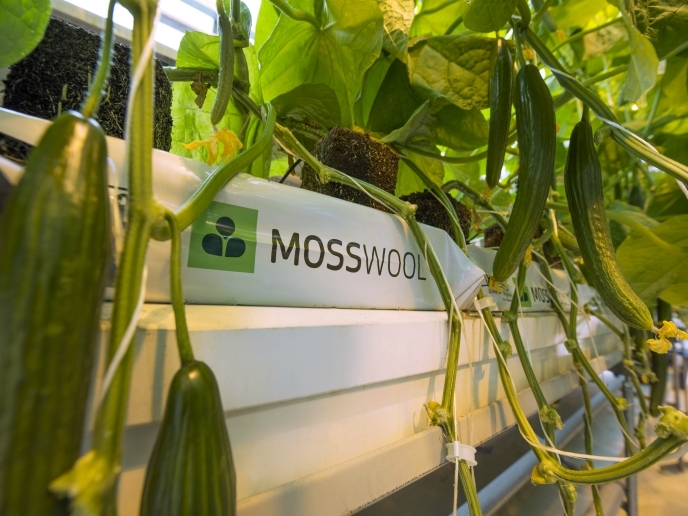Heart-stopping research
Cardenolides extracted from various plant sources, when adapted or biotransformed due to their extreme toxicity, possess therapeutic potential. The EU-funded project DIGITALIS (The genus Digitalis: Molecular taxonomy, preservation, active constituents and therapeutic applications) isolated potentially therapeutic cardenolides and investigated the molecular basis of their action. Researchers also studied plant tissue culture and plant regeneration, focusing on induction, analysis and maintenance of hairy root cultures. In addition, scientists successfully transformed several cardiac glycosides from the species Digitalis lanta. They focused on species found in Turkey, four of which are endemic to Anatolia, as only a limited number of cardenolides have been identified in these plants. During cardenolide biosynthesis, the intermediate molecules produced include progesterone compounds. Using deuterium-labelled solvents, scientists traced and identified the members of the pathway. Nuclear magnetic resonance was used to reveal the molecular structure of pregnane, a parent molecule of progesterone. Project partners also investigated other sources of cardenolides, such as enone 1,4-reductases, from several brassica species and isolated the genes responsible for encoding. These genes may be used in the future as markers in taxonomic studies. The DIGITALIS initiative has helped to ensure the survival of endangered Digitalis species and enable gaps in taxonomy to be filled. Furthermore, new anticancer compounds were identified from the biotransformation process as well as enabling bulk production of reference compounds for preclinical studies.






